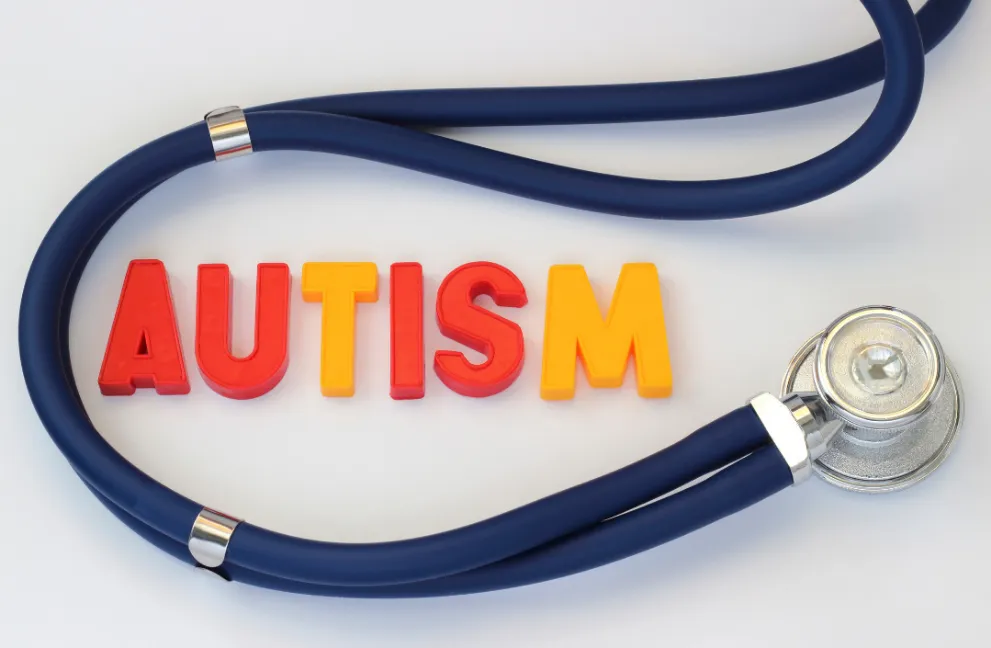Written and medically reviewed by Dorcas Morak, Pharm.D
As we celebrate World Autism Awareness Month every April, it's essential to learn about the complexities of autism spectrum disorder (ASD) and explore the various treatment options available for individuals living with this condition. Autism, a multifaceted developmental disorder, manifests in diverse ways, affecting behaviour, social interactions, communication skills, and sensory processing. While there's no one-size-fits-all approach to managing autism, a combination of therapies and, in some cases, medications can help individuals live fulfilling lives.
What is Autism Spectrum Disorder?
Autism spectrum disorder encompasses a range of conditions characterized by challenges in social interaction, communication, and repetitive behaviours. From Asperger's syndrome, which presents with high functional capabilities, to the more severe autistic disorder and childhood disintegrative disorder, ASD encompasses a spectrum of symptoms and severities. Early signs may include difficulties in social interactions, language delays, sensory sensitivities, and repetitive behaviours.
What are the Treatment Options for Autism?
Taking into account the diverse array of manifestations of autism, it's crucial to have a treatment plan that fits each person's needs. This includes a mix of therapies that focus on different parts of growth and function. These can be behavior and communication therapies, occupational therapy, learning social skills, speech therapy, physical therapy, family therapy, and changes in diet. Each therapy aims to tackle the unique difficulties people with autism face and help them grow their skills, be more independent, and feel better overall.
Are there Medications that Treat Autism?
While no medication can treat the core symptoms of autism, certain medications may help manage specific symptoms or associated conditions. These medications are typically prescribed off-label, meaning the FDA does not explicitly approve them for treating autism, but they may be used based on clinical evidence and individual responses. It's crucial to note that medication management for autism should be approached cautiously, with close monitoring for effectiveness and adverse effects.
Types of Autism Medications
Several classes of medications are commonly prescribed to address specific symptoms or behaviors associated with autism. These include:
Second-Generation Antipsychotics: Drugs like Aripiprazole (Abilify) and Risperidone (Risperdal) are used for managing irritability in autistic children. They work by modulating dopamine and serotonin levels in the brain, helping to reduce aggression and self-injurious behaviors.
Selective Serotonin Reuptake Inhibitors (SSRIs): SSRIs such as Citalopram (Celexa), Escitalopram (Lexapro), Fluoxetine (Prozac), and Sertraline (Zoloft) may be prescribed to alleviate anxiety and manage repetitive, compulsive behaviors in individuals with autism.
Stimulants: Methylphenidate (Ritalin), Adderall, and other stimulant medications are used to manage hyperactivity and attention deficits in autistic children by increasing dopamine and norepinephrine levels in the brain.
Alpha-2 Adrenergic Agonists: Clonidine (Kapvay, Catapres) and Guanfacine (Intuniv) are alpha-2 agonists that can help manage hyperactivity, inattention, and aggression in individuals with ASD by exerting a soothing effect on the central nervous system.
If you require assistance in covering the costs of these medications, join the RxLess Assurance Plan. By downloading our free app, you can quickly discover the most effective and accurate discounts for your prescriptions. Our plan provides savings for individuals with commercial insurance, Medicare, or no insurance at all, ensuring affordability for all prescription medications.
What Should be Kept in Mind when Considering Medications for Autism?
When thinking about using medications for autism, healthcare providers and caregivers need to think about both the positives and negatives. Keeping a close eye on how the person responds to the medication, especially at the start of treatment, is crucial to catch any problems early. For instance, people taking antidepressants should be watched for signs of feeling suicidal, especially if they're between 18 and 24 years old.
Medications can help with certain autism symptoms, but they're just one part of a bigger plan. Along with medication, things like therapy, support services, and educational programs are really important for helping people with autism and helping them reach their full potential. By spreading knowledge, supporting acceptance, and using methods that are proven to work, we can make a more inclusive world, where people with autism get all the support they need and are valued and celebrated.
















